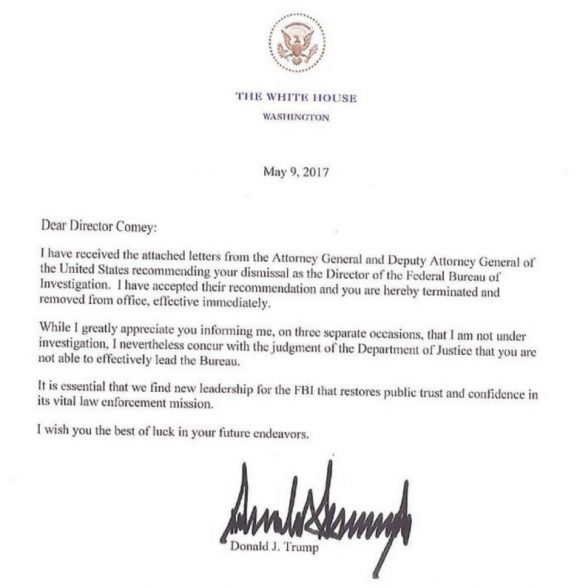Dear Commons Community,
New York Times columnist, David Leonhardt, examines what the Democratic Party needs to do to win back working class voters. Here is an excerpt:
“Americans without a college degree are today’s swing voters. White non- graduates shifted sharply to Donald Trump last year, relative to 2012, and black non-graduates affected the result by staying home in larger numbers. Both decisions — voting for Trump or not voting at all — stemmed in part from alienation.
In an alternate universe, Trump would devote his presidency to a conservative agenda that improved the lives of the people who elected him. Remember when he proclaimed, “I love the poorly educated”? In this universe, he sure has a funny way of showing his love. He is trying to take health insurance away from millions of Americans, while lavishing tax cuts on the affluent.
Democrats have to find a way to win more working-class votes. (I’m using “working class” as a rough synonym for the two-thirds of adults without bachelor’s degrees.) It’s not just Trump. Republicans control the House, the Senate, 33 governor’s offices and the legislature in 32 states.
Democrats need a comeback strategy, and the American working class needs an ally. The solution to both problems can be the same: a muscular agenda to lift up people without four-year college degrees.
It would have two main pillars. The first would be improving the lives of those who will never have those degrees — ensuring they can find meaningful, well-paying work and afford health care, child care and retirement. A stable middle-class life should be possible without a bachelor’s degree.
The second would be helping more people earn degrees and enjoy their benefits. There is something about college — the actual learning, as well as the required discipline and initiative — that seems to prepare people for adult success. Although two-year degrees bring benefits too, four-year degrees bring much larger ones.
On Tuesday, the Center for American Progress, an influential liberal group, is taking a first step toward creating a working-class agenda. It’s calling for a “Marshall Plan for America,” echoing the program that rebuilt postwar Europe. “Progressives have not done enough about job conditions and the dignity of work for people who don’t go to college,” says Neera Tanden, the center’s president, who previously worked for Hillary Clinton and Barack Obama.
The effort is in only its conceptual stages. But it’s worth attention, both because of the center’s history of influence on Democrats (including on much of the Obama agenda) and because this particular idea gets a few big things right.
It avoids some elitist strains in today’s liberal politics. One of those strains dismisses the white working class as irredeemably racist. In truth, many of these voters backed progressive ideas before and are open to doing so again. Anyway, Democrats don’t have much of a choice. “You can’t construct a solid majority coalition for Democrats unless you reach more of those voters,” the political scientist Ruy Teixeira says.
…This new plan is unabashedly left-leaning in its call for the government to help create millions of good-paying jobs. It uses the phrase “jobs guarantee” and would meet the guarantee by taking on many problems the private sector isn’t solving: Crumbling roads and public transit. Patchy digital infrastructure. A shortage of good schools, child care, home health care workers and E.M.T.s. All of this would cost billions — but also far less than Trump’s reverse Robin Hood agenda.
The fact is, the electorate has shown some surprising support lately for an activist, populist government. Minimum-wage increases keep passing, in blue states and red ones, and Trump won the Republican nomination while spouting big-government promises (which he’s now violating).
Americans of all races who have been left behind in today’s globalized, high-technology, high-inequality economy are angry, and they have reason to be. They deserve better. They want tangible solutions. Finding those solutions is the right thing to do, and it’s the path back to power for Democrats.”
I like what Leonhardt is saying but I am not sure that the Democrats can pull this off. I found it curious that at no time did he mention labor unions, long the bastions of mostly high school graduates. They also were not overly enthusiastic about Hillary Clinton in states like Michigan and Pennsylvania. I think they have to be part of the plan.
Tony







